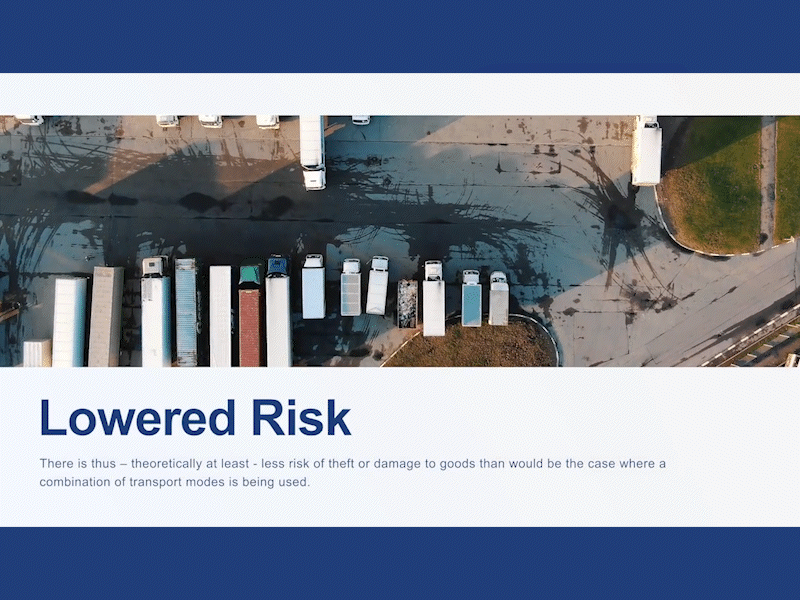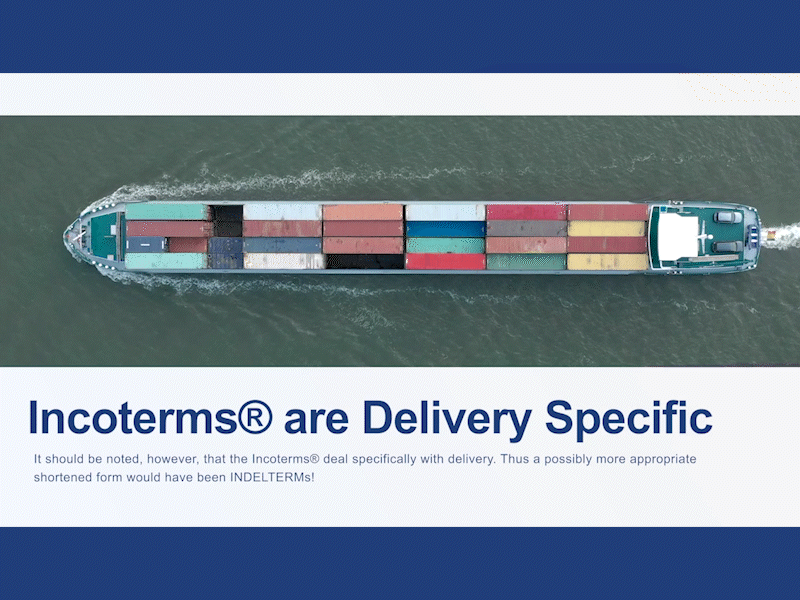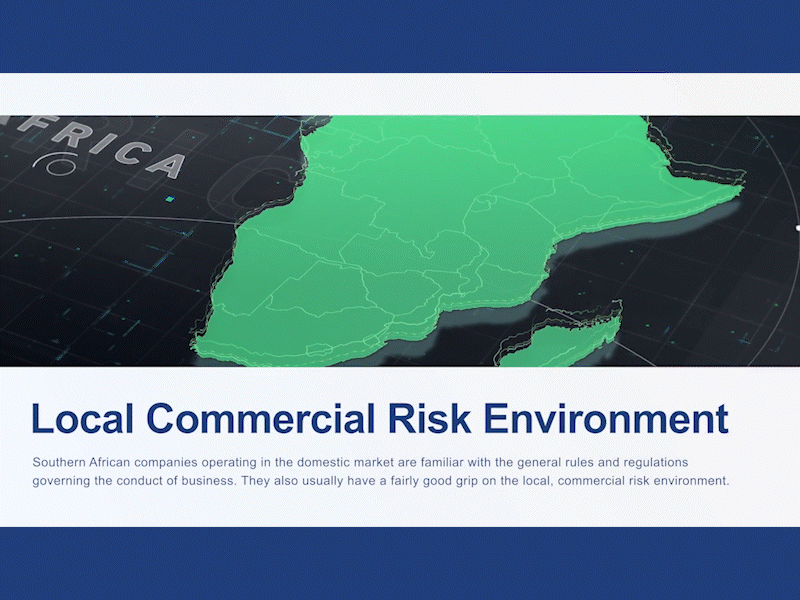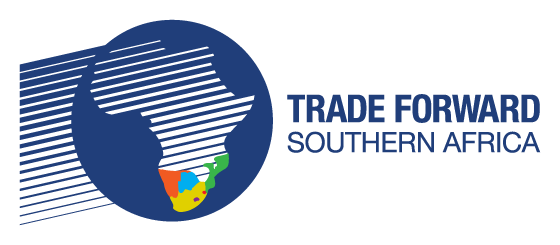Company A, which has not previously been involved in exporting, has been hard at work doing research on the export administration process. Management has decided on a direct market entry strategy, with the result that the exporting company will be responsible for all export administration. There is no-one currently in the company, however, with the skills required to correctly classify goods or organise their transport to the foreign destination. The company is also concerned about the extent of its liability should it contract a forwarding and clearing agent to handle consignment deliveries on its behalf. We will now try to alleviate Company A’s concerns by breaking down the Harmonised System Codes, starting with the role of a forwarding and clearing agent.
What is a Forwarding and Clearing Agent?
The forwarding and clearing agent is a logistics specialist that undertakes all the arrangements pertaining to the international delivery of goods on behalf of an exporter or importer. Certain clearing and forwarding companies may even handle the carriage of goods themselves, as well as arrange cargo insurance to cover any loss or damage to them while they are in transit. Some may also provide assistance with the classification of goods, which brings us to Company A’s next point of contention.

The Harmonised System Codes
Company A was under the impression that forwarding and clearing agents would have the expertise to classify its products, allowing it to focus instead on the production and packaging of its goods. The company’s mistake here was in not understanding the complexity of the World Customs Organisation’s product classification process.
A product can only be accurately classified or coded by those who have an in-depth knowledge of its purpose, how it is made, and what it is to be used for. No outsider with minimal industry knowledge can be expected to arrive at the right Harmonised System classification code, especially in the case of complex products. Given that import duties and many freight rates are based on the product classification code, an incorrect code can have far-reaching negative consequences for the exporter. This is because it is the exporting company’s responsibility – not that of its forwarding and clearing agent – to ensure that its goods are correctly described and classified on all its export documents!

This holds true for the entire export administration process. Every step, regardless of the parties involved, remains the exporter’s responsibility. In view of this, Company A must ensure that its export personnel understand every step to be undertaken, and assume full responsibility for the accuracy of all product information given to others.
To ensure that you handle export administration efficiently, Trade Forward Southern Africa, in collaboration with the International Trade Institute of Southern Africa (ITRISA), has created a comprehensive online training course that deals with all aspects of export administration, including the role of the forwarding and clearing agent, the correct way to classify products using the Harmonised System’s codes, how to calculate customs duties payable, etc. Click the links below to sign up for free and get started on honing your export administration skills.
To sign up to the School of Export CLICK HERE.
If you already have a profile, CLICK HERE to login to begin the module.










Leave a Reply